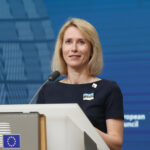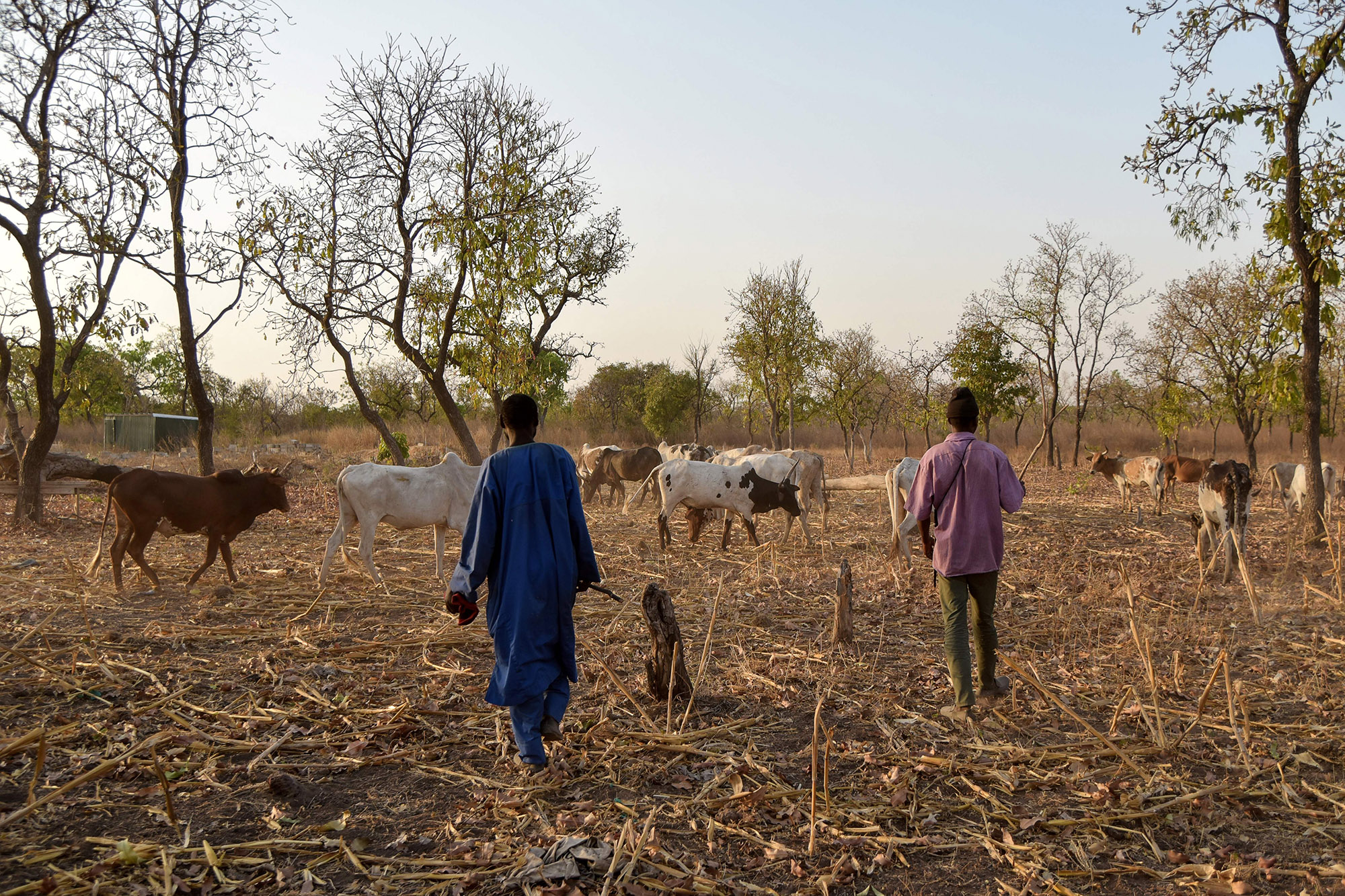According to the announcement of the OCP company, the Kingdom will allocate 4 million tonnes of fertilisers to strengthen food security
We should start with the simple definition of a fertiliser product, understood as a natural, chemical or synthetic substance or mixture used to enrich the soil intended for cultivation and to promote plant growth and development. International exports and imports are widely used in this market, since there is a great deficit in the African country in terms of machinery, tools and products that favour the exploitation of these resources, which are so necessary for Moroccans.
Agricultural exports represent 40% of the country’s active population and almost 12% of all its exports. Thus, as can be seen from the data, Morocco plays an essential role in the economic development of this sector thanks to the high production and import of these fertilisers.
The war between Ukraine and Russia is making it clear that export sources need to be diversified. Shortages of commodities and basic resources are plunging countries into new crises to find them, and the search for them is far from easy. One example is the lack of fertilisers, where Russia dominates this market and China, which is the largest exporter, is leaving much of its production for the local market.
The high price of this product is a cause for concern and several nations have already turned their attention to Morocco. The Kingdom is the world’s fourth largest exporter of fertilisers because it has significant phosphate mines, the main mineral from which they are created.

According to a press release issued by OCP, the Moroccan company will supply more than 4 million tonnes of fertilisers to the African continent in an attempt to alleviate food problems and ensure food security by 2023.
According to a press release from the company, this amount represents double what OCP, one of the world leaders in phosphates and derivatives, supplied to the continent in 2021 in fertilisers, a product that is in short supply in the world due to the impact of the war in Ukraine. The announcement was made by OCP CEO Mostafa Terrab at the World Bank’s annual meeting, the note explains, adding that the fertiliser supply programme includes a component to train and build the capacity of farmers.
During these months of conflict and uncertainty, the Alawi country has seen its phosphate turnover grow significantly. This is greatly benefiting the Moroccan economy, which has been hard hit by the consequences of the war and also by the latest drought.
“This fund will ensure that good fertilisers are available to the entire continent, with the aim of boosting yields for 44 million farmers in 35 countries, including Morocco,” the note notes. The same source adds that OCP has invested heavily in boosting its capacity to produce eco-responsible fertilisers.
The target set by the company is to produce around 15 million tonnes of fertilisers and phosphate products by 2023. Compared to the 3 million produced fifteen years ago, it indicates the strong growth of the Kingdom’s economy and industrial capacity, and, as EFE news agency states, these investments will allow the group (OCP) to respond to the urgent food needs of the African continent and will be of great help to the agricultural sector both in Africa and the rest of the world.
In short, Morocco’s agricultural market needs a large number of international imports to solve and satisfy society’s current needs, and Spanish export companies (and French and Anglo-Saxon ones) have found an important source of profits here, as long as they act with the necessary diligence and intelligence.















